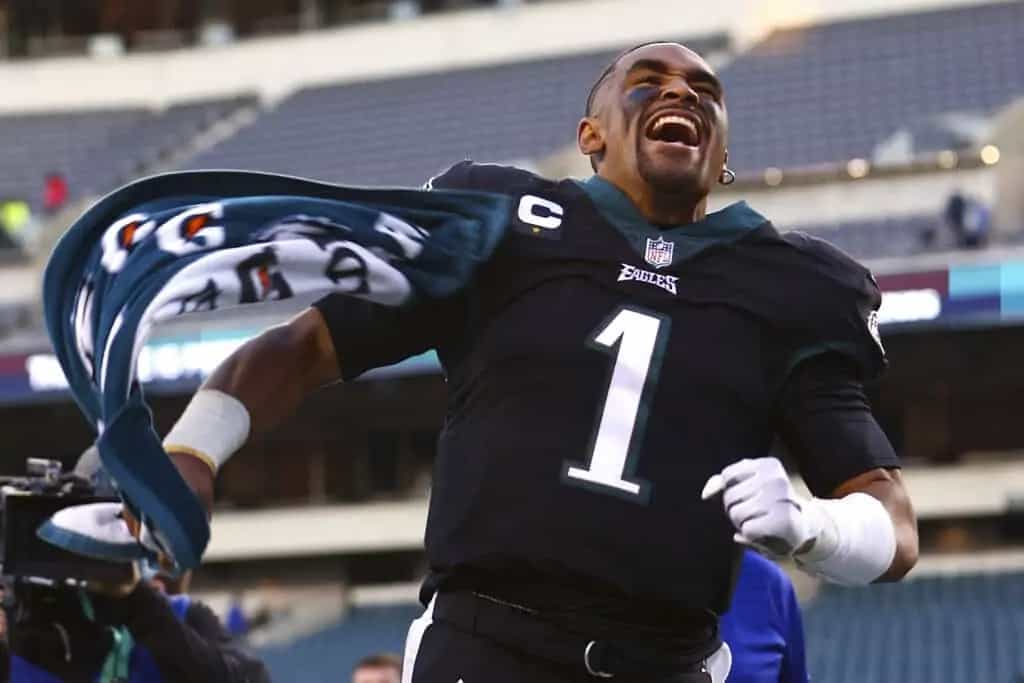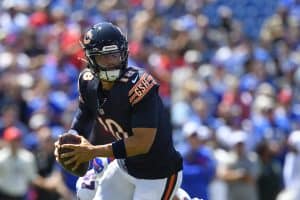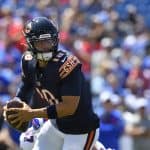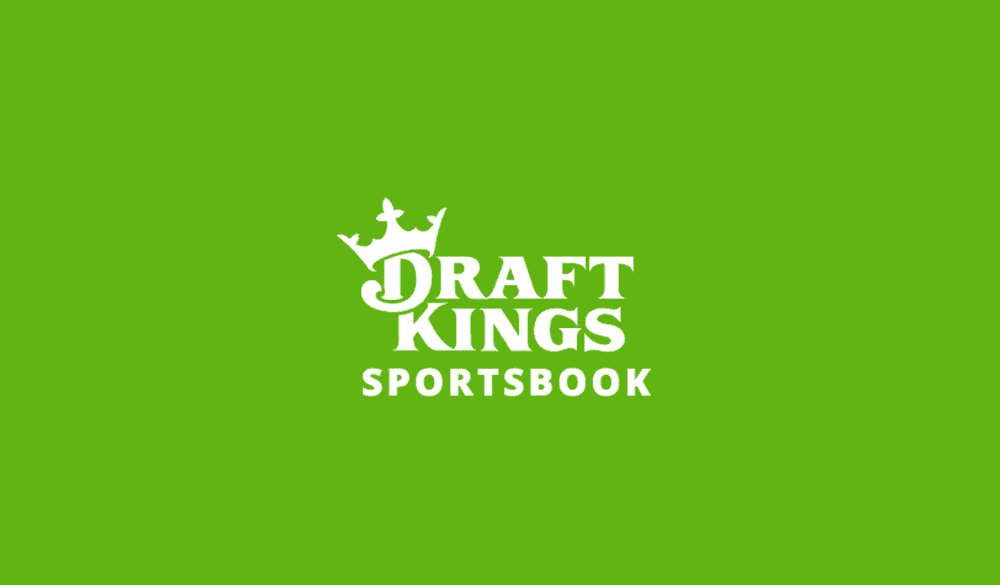Each installment of Isaiah’s Methods & Opinions (IMO) is brought to you by No House Advantage, a cutting-edge daily fantasy site that allows users to risk little and win big in over 30 states. Bet VS. THE HOUSE to win up to 21x your money or play in PICK’EM CONTESTS against other users! New players can secure up to a $100 deposit match by registering with No House Advantage today! This week’s column will focus on expected points added (EPA) and applying them to this weekend’s NFL Divisional Round.
I’m back with another installment of Isaiah’s Methods & Opinions (IMO)! Twice each week, I’ll be here to break down the betting trends and sports news that will give you an edge on the sportsbooks. The NFL Divisional Round will get underway Saturday, and we’ll focus on one crucial football statistic — expected points added (EPA) — and its applications for this weekend’s action.
No sports bettor can hit every bet, but the key to profitable sports gambling is to develop a successful process — or method — for identifying sharp wagers. It’s the application of sharp opinions to that method that separates the wheat from the chaff in the sports gambling world. If your priors are wrong, you’ll end up sweating more bets than you must.
This column will help bettors develop sharp methods and come to well-informed opinions.
The legal gambling age is 21+ in most states. Gambling Problem? Call or text 1-800-GAMBLER.
Isaiah’s Methods: Introduction to Expected Points Added | Sponsored by No House Advantage
Expected points added (EPA), an advanced statistic popularized by The Athletic’s Ben Baldwin, estimates how much value a team added to its score relative to expectation. It does so by comparing average performance from a given point on the field to what the team actually achieves.
For instance, a drive that starts at a team’s own 10-yard line would usually produce close to zero points. So if a team manages to score a field goal on that possession, it would have added the difference between its actual score (3) and its expected score (0.1). That information can help bettors quantify offensive efficiency.
The metric also applies to a team’s defense. If a drive that begins on the opponent’s 10-yard line rarely produces any points, but the defense allows a field goal, they have also added the difference between the actual score (3) and the expected score (0.1). Bettors should fade teams with defenses that own positive EPA numbers, or target the over in their games.
Using EPA metrics instead of standard metrics, like points per game or points per play, can help bettors avoid teams that have benefited from good luck but should regress. For example, the Minnesota Vikings ended the season ranked 18th in offensive EPA per play (0). However, they finished the season 13-4 and ranked eighth in points per game (24.9) and 11th in points per play (0.38).
A quick comparison between the Vikings and the New York Giants, who ranked 14th in points per game (22) and 18th in points per play (0.34), would lead bettors to favor Minnesota’s offense. But the Giants ended the season ranked an impressive ninth in offensive EPA per play (0.03), and, as we know, earned the road upset over Minnesota on Super Wild Card Weekend.
Minnesota’s inefficient-but-lucky offense and Kirk Cousins’ questionable decision-making proved its undoing. Just watch the final play of the season.
The Vikings final play with the season on the line: pic.twitter.com/W5qcZ93BXl
— Ari Meirov (@MySportsUpdate) January 16, 2023
Yikes.
The legal gambling age is 21+ in most states. Gambling Problem? Call or text 1-800-GAMBLER.
Isaiah’s Opinions: Eagles Will Fly to the NFC Championship
Although New York’s offense fared better in EPA per play than the opponent last week, it fares worse than the Philadelphia Eagles. When factoring in the numbers from Super Wild Card Weekend, New York’s offense ranks fifth in EPA per rush (0) and 10th in EPA per dropback (0.09). Philadelphia’s offense ranks first in EPA per rush (0.07) and seventh in EPA per dropback (0.12).
Philadelphia’s edge on offense, combined with home-field advantage, should give the Eagles at least a slight edge. But the sportsbooks favor them by 7.5 points. Is that enough to justify backing them at such a price?
A dive into the defensive EPA metrics reveals the sharpness of backing the Eagles on Saturday. Philadelphia’s defense leads the NFL in EPA per dropback (-0.09). Only 11 units have a negative number in the metric, and Philadelphia’s group slots in more than 1.5 standard deviations better than the mean (0.03).
If the Eagles can get out to an early lead, the Giants will struggle to move the ball without handing it off to Saquon Barkley. New York throws the ball only 52.5% of the time, which ranks 23rd, but the Eagles forced the Giants to call a pass on 68.2% of the snaps in Week 14. The Giants only threw 32 passes but took seven sacks and scrambled four times.
Other metrics point to just how good Philadelphia’s passing defense has been this year. The Eagles rank second in pressure percentage (25.5%), 0.1% behind the Dallas Cowboys, and lead the NFL in sacks (70) by 15. The Eagles have allowed the fewest net passing yards (3,057) as well. But because the Eagles rank only eighth in points allowed per game (20.2), it can be easy to miss just how dominant Philadelphia’s defense has played this season.
The sportsbooks currently give Philadelphia a 78% chance of winning Saturday’s game with odds of -360. That number is lower than what FiveThirtyEight’s model projects (79%) and what my own EPA-based model predicts (84%). The Giants may have pulled off an impressive road win on Super Wild Card Weekend, but they won’t score another big win Saturday night. Consider backing the under on player props for Daniel Jones and his receivers over at No House Advantage this weekend.
The legal gambling age is 21+ in most states. Gambling Problem? Call or text 1-800-GAMBLER.



























